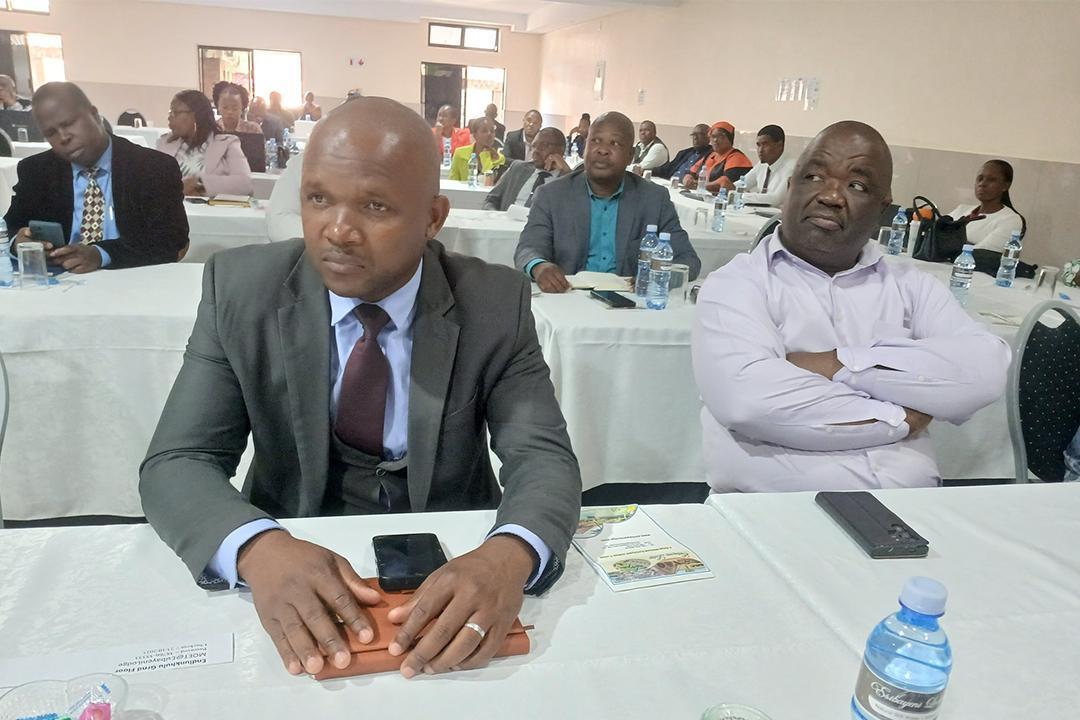Africa-Press – Eswatini. The Minister for Education and Training, Owen Nxumalo, has announced that Eswatini will implement the Competency Based Education (CBE) and a Four Year Programme in secondary schools from 2026, a move aimed at building an inclusive, equitable, and globally competitive education system.
Speaking during the official opening of a two day Systems Thinking Approaches Workshop at Esibayeni Lodge in Matsapha, Nxumalo said the reforms will not only focus on academic knowledge but also equip learners with the practical skills, values, and resilience needed in the 21st century.
“These education reforms will allow learners to acquire not just knowledge but also the skills, values, and resilience necessary in the 21st century,” said Nxumalo. He added that the reforms reflect the ministry’s commitment to ensuring that no learner is left behind and that the education system responds effectively to the evolving needs of society.
As part of the transformation, the new curriculum will introduce AS/A Level programmes in selected schools, broadening learning pathways and aligning Eswatini’s education system with regional and international standards.
Nxumalo emphasised that the diversity of workshop participants mirrors the essence of systems thinking an approach that recognises that education outcomes are influenced by multiple interconnected factors both within and beyond the classroom. Participants include Members of Portfolio Committees from the Ministry of Education and Training and the Deputy Prime Minister’s Office, as well as representatives from sectors such as health, planning, transport, civil society, and development partners.
The Chief Inspector of Secondary Schools, Dr. Cebsile Nxumalo, further explained that the reforms respond to both national and regional directives, including those from Sibaya, the Southern African Development Community (SADC), and other international protocols, ensuring Eswatini remains globally competitive.
Dr. Nxumalo highlighted that the Competency Based Education and Four Year Programme will introduce new creative subjects such as Music, Dance, Fine Art, and Drama to cater for learners with different abilities and interests. “The reforms put emphasis on competencies, and the new subjects are meant to cater for all abilities,” she said.
She added that under the Four Year Programme, secondary education will now run from Grade 8 to Grade 11, after which learners will follow various pathways. Some will progress to tertiary education locally, others will pursue AS/A Levels to qualify for tertiary studies abroad, while others will use the skills gained to engage in employment or entrepreneurship.
The Systems Thinking Approaches workshop, facilitated by Dr. Richard Ingram from UNESCO in Switzerland, focuses on strengthening inclusive education and evidence-based policy development. The multi sectoral approach aims to enhance collaboration across government and development partners to ensure that Eswatini’s education reforms are well coordinated, sustainable, and impactful.
For More News And Analysis About Eswatini Follow Africa-Press







